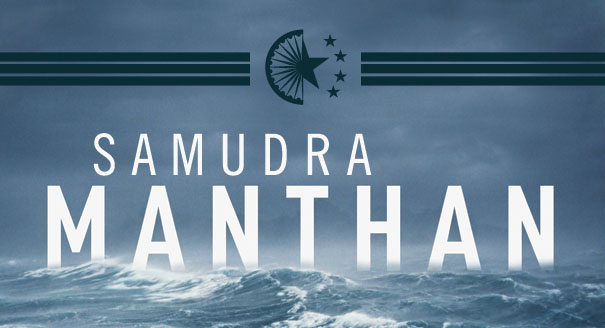As China and India globalize their economies and develop strategic interests beyond their territorial and regional waters, their naval footprints will grow, overlap, and generate the basis for potential conflict. While neither country is ready to supplant the United States as the dominant naval power in the Indo-Pacific, their growing rivalry promises to deepen security dilemmas in the region and alter the world’s maritime space.
Key Themes
- The Chinese and Indian navies are transforming themselves from coastal defense forces into instruments of power projection.
- China’s principal maritime preoccupations remain the western Pacific—reunifying Taiwan, defending Chinese territorial claims, and constraining the naval dominance of the United States. However, Beijing is beginning to push into the Indian Ocean to ensure access to overseas energy sources.
- New Delhi is now starting to make regular naval forays into the Pacific Ocean, having proclaimed for decades that its strategic interests stretched only from Aden to Malacca, the two choke points to the Indian Ocean.
- China seeks long-term access arrangements in the Indian Ocean and India is consolidating long-standing economic and security cooperation with Mauritius, Seychelles, Maldives, and Sri Lanka.
- In the Arabian Sea, rivalry between China and India is muted by America’s overwhelming political and naval presence.
- The Chinese and Indian navies are starting to explore bilateral confidence-building measures, including ship visits, port calls, joint exercises, and high-level naval exchanges.
Recommendations for Chinese and Indian Policymakers
- Negotiate an ‘incidents at sea’ agreement. Borrowing from a successful pact between the American and Soviet navies, China and India should exchange information on encounters between their two navies and establish a joint committee to annually review incidents.
- Pursue a maritime security dialogue. A substantive and open-ended dialogue between China and India on maritime and naval issues is imperative to reduce the potential for miscommunication and conflict.
- Secure the commons. China and India should initiate a trilateral dialogue with the United States on potential cooperation in securing the maritime commons in the Indo-Pacific.
ABOUT THE AUTHOR: C. Raja Mohan heads the strategic studies program at the Observer Research Foundation in New Delhi. He is a columnist on foreign affairs for one of India’s leading English dailies, Indian Express. Mohan is also a nonresident senior associate at the Carnegie Endowment for International Peace.





